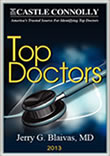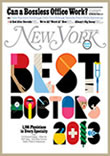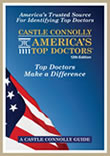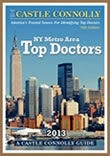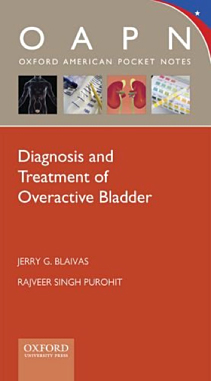Preventing Cystitis
After a first episode of cystitis, few preventive measures are necessary because most of the time you won’t get another infection for years. Nevertheless, there are a number of common sense measures that you should take, even if you’ve not had an infection. First and foremost is to drink a lot of fluid. This is good for preventing and treating infections and it is good for preventing and treating kidney stones. But remember, the more you drink, the more you urinate and if frequency of urination is a problem to you, you’d best discuss how much you should drink with your doctor.
Does it make any difference what you drink? The answer to that question is maybe. Cranberry juice really does seem to offer some protective effect, but most of the other folklore myths need to be checked out for each person. For some people caffeine in coffee, tea and soft drinks causes symptoms and seems to promote infection. For others these have no harmful effect. Spicy foods, acidic foods, alcohol, too much sex, too little sex, and different sexual positions can all cause problems in some people, but not in others. For that reason, we think it’s important to avoid taking general advice and general dietary instructions. Rather, you can become your own medical detective, possibly with the help of a behavioral therapist, physician or dietician. Add or subtract one item at a time from your diet for a few weeks at a time and see if that seems to help.
Secondly is hygiene. After a bowel movement, wipe backwards, away from the vagina. Cleanse the vagina before and after sex with a hand held water spray if possible. Always try to urinate before and/or after sex. Avoid perfumes and baths, particularly bubble baths, that might irritate the vagina. It also makes sense to cleanse the vagina with a douche. The only problem is, not all things that make sense are true; some things that make sense are harmful, and we don’t personally know if douching is a good or bad thing. Some experts think douching is good, because of its cleansing effect; others think it is bad, because it might injure the vaginal tissues or introduce bacteria. If you don’t have any problems and don’t douche, I don’t recommend that you start. If you do have recurrent cystitis or vaginal infections and you don’t douche, you might empirically try it and see if it seems to help. If you get recurring infections and you already douche, try stopping.
For most women, during reproductive years, sex, birth control and the use of tampons are the offending culprits. Cleanse the vagina before and after sex and be sure to remove and or change tampons, diaphragms, spermicidal sponges, etc. as soon as possible. It is also possible that condoms may cause an irritation or cause infection. If you suspect that any of these things are a problem for you, try another form of birth control or another brand of the type you are using.
If you have recurrent infections, antibiotics taken prophylactically may be useful. If the UTIs occur after intercourse then an antibiotic such as macrobid (nitrofurantoin) taken right before or after sex may decrease your chance of getting an infection. Another option is to take a low dose antibiotic periodically (e.g twice weekly). A third option is to try what is called patient directed antibiotics where you are given an antibiotic and urine culture container beforehand. When you feel an infection coming on you obtain a urine specimen and start the antibiotic right away. This approach minimizes the discomfort from the infections while still giving information about what bacteria caused it in the first place.
Why Choose a Uro Center Urologist in New York?
The urologists at the Uro Center in New York are experts in their field, bringing academic and research based innovation to the clinical forefront. Our urology team specializes in areas of treatment such as: robotic surgery, reconstructive urology, men’s health & infertility, kidney stones, urologic oncology, penile implant surgery, urethral stricture, BPH, Urinary incontinence treatment, Mesh complications, Enlarged prostate treatment, Urodynamics, vesicovaginal fistula and female incontinence in New York.
Request an Appointment





